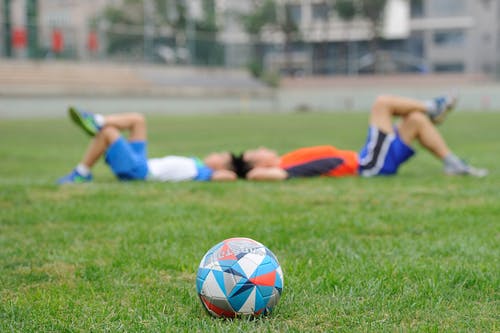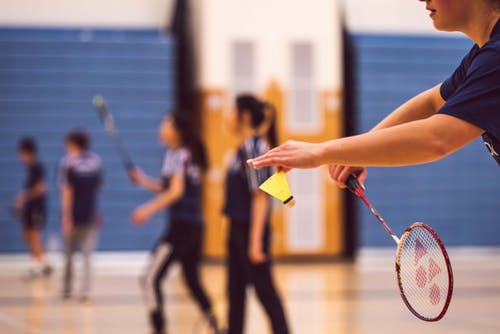It is widely believed that our mental and physical health are deeply intertwined, but is this true? Many people posses the mentality that a healthy mind equals a healthy body, which is true to some extent.

The more in-tune you are with your emotions can help to motivate you into your exercise, as happiness can lead us to feel good about ourselves, which helps us to want to take care of our physicality. It has been shown that when exercising our brains release serotonin, which makes us feel happy, therefore promoting our mental health.
This shows that our emotional intelligence and physical fitness are greatly interlinked via our hormones.
Some people see this as a very positive thing, as they believe that the happy emotions released by exercise will help people to stay in shape both mentally and physically.
Exercise is highly recommended to those suffering form various mental illnesses, (such as depression), as it is believed not to cure it, but to help promote the ‘happy hormones’ to aid their mental recovery.
Emotional Intelligence includes skills like self-motivation, emotional regulation, self-management, empathy and impulse control. (Goleman, 1995). It has been an enthralling area for mental health professionals for over 25 years now.
positivepsychologyprogram.com
However, some people may disagree with this entirely, saying that emotional intelligence and fitness are completely separate. They may believe this as they think that no matter how in touch you are with your emotions, it won’t affect your work out.
This is a valid point, however, there is more research to show that mental health and physical fitness are closely linked.
The Four Attributes of Emotional Intelligence
Self-awareness
Knowing what you’re feeling and why. This can also be paired with what knowing what are your strengths and weaknesses and how to enhance your over lifestyle. There will also be the need to have continuous realistic self-assessment.
Self Management
This embraces the use of self-awareness to get better at handling your impulses – cheat days/falling off the discipline of diet and exercise regime. This may also include disruptive emotions. Focusing on your goals and keeping working toward those goals even when things get tough. Particularly for fitness, that’s a very big deal.
Empathy
Having a sense of how other people feel and reading their body language and micro-expressions accurately, helps. This is important in group dynamics – such as maybe in your spin class or yoga group this helps develop our skillful relationships.
Skillful Relationships
It’s all about the relationship and how well we can communicate with others. This even includes how well we can inspire them, how good we listen and how well we can even motivate.

The level of intelligence you posses when it comes to emotions has great benefits when it comes to your physical fitness, as you are able to know your limits, judge what exercise is best for you and, most importantly, be able to enjoy it.
This can become a ripple effect where you can make a difference in others as for example, influencing clients to make lifestyle changes that will improve their overall health and fitness. This occurs both by example and by appealing to their emotional sway.
Emotional Intelligence works also to influence persons who are in a fitness group to overcome various challenges on their fitness journey. Whether it is weight loss, diet changes or even to jump start a program – the ability to overcome the hurdles can be paired as emotional intelligence and fitness or mental and physical.
The ability of knowing your emotions will help in your fitness journey, as the more positively you think about your fitness, the more motivation you will have.












More Stories
Stages of Mental Trauma
Are You an Empath? Discover the 3 Key Traits That Define You!
Understanding EMDR Therapy: A Promising Approach to Mental Health Recovery